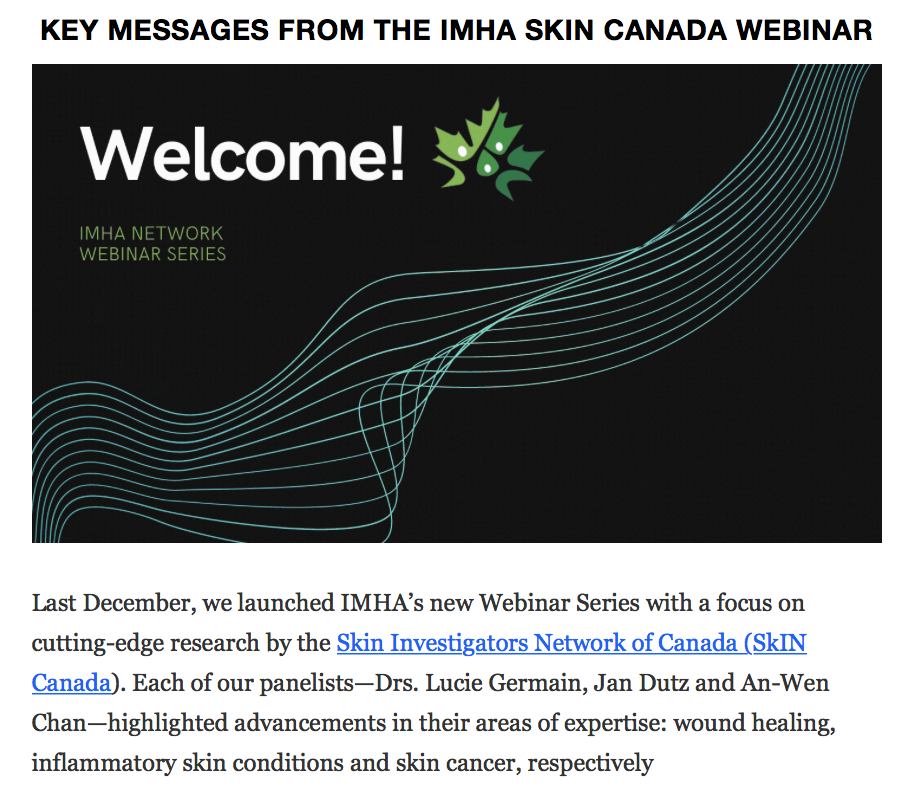En anglais: https://ubc.wd10.myworkdayjobs.com/en-US/ubcstaffjobs/job/Associate-Scientific-Director_JR14954
Temps plein
Personnel – non syndiqué
Catégorie du poste
M&P – AAPS
Profil du poste
Salarié AAPS – Recherche et facilitation, niveau D
Titre du poste
Directrice scientifique associée ou directeur scientifique associé
Département
Gestion administrative | Institut de l’appareil locomoteur et de l’arthrite | Faculté de médecine
Fourchette salariale
7 933,42 $ – 12 395,83 $ CA par mois
La fourchette salariale est l’écart entre le salaire de base minimum et maximum pour un poste donné. Le point médian de la fourchette se trouve environ à mi-chemin entre le salaire minimum et maximum, et il représente le salaire d’un employé possédant la totalité des connaissances, des aptitudes et de l’expérience nécessaires pour le poste. Habituellement, le salaire des employés au moment de leur embauche, de leur mutation ou de leur promotion se situe entre le minimum et le point médian de la fourchette salariale d’un poste donné.
Date de fin de l’avis
8 novembre 2023
Remarque : Les candidatures seront acceptées jusqu’à 23 h 59 la veille de la date de fin de l’avis indiquée ci-dessus.
Date de fin de l’emploi
14 novembre 2024
Le poste à pourvoir se trouve dans un établissement de soins de santé. Par conséquent, le candidat retenu devra fournir une preuve de vaccination complète contre la COVID-19 avant la date de début, conformément aux exigences des autorités sanitaires provinciales.
À l’Université de la Colombie-Britannique, nous estimons que la création et le maintien d’un effectif diversifié sont essentiels pour atteindre l’excellence en matière de recherche, d’innovation et d’apprentissage pour la totalité de la faculté, du personnel et des étudiants. Notre engagement envers l’équité en emploi contribue à offrir un milieu inclusif et équitable, à créer un milieu de travail caractérisé par une riche diversité et à établir les conditions nécessaires à une carrière enrichissante.
Résumé du poste
L’Institut de l’appareil locomoteur et de l’arthrite (IALA) des Instituts de recherche en santé du Canada (IRSC), dont les bureaux sont situés à l’Université de la Colombie-Britannique, est l’un des treize instituts virtuels des IRSC. L’IALA des IRSC a pour mandat de soutenir la recherche éthique et porteuse qui vise à favoriser la vie active, la mobilité et la santé buccodentaire, ainsi qu’à s’attaquer à tout un éventail d’affections touchant les os, les articulations, les muscles, les tissus conjonctifs, la peau et les dents. Une bonne santé musculosquelettique est indispensable à l’activité physique nécessaire au maintien de la mobilité, de la productivité et de la santé et du bien-être globaux. Les maladies musculosquelettiques courantes comme l’arthrite et l’ostéoporose peuvent limiter la mobilité et l’activité physique, ce qui entraîne le cercle vicieux de la sédentarité, de la détérioration de la santé et de la perte de productivité. Pareillement, les affections buccodentaires et cutanées peuvent nuire à la santé et au bien-être en général.
En collaboration avec la directrice scientifique ou le directeur scientifique, la personne titulaire du poste détermine la vision et la stratégie de l’IALA grâce à l’élaboration et à la mise en œuvre de programmes visant à améliorer la recherche qui cadrent avec le mandat de l’Institut. La directrice scientifique associée ou le directeur scientifique associé apporte principalement son soutien à la directrice scientifique ou au directeur scientifique afin d’aider cette personne à favoriser et à promouvoir les initiatives stratégiques de l’Institut. La personne titulaire du poste travaille directement avec le personnel de l’Institut et des IRSC, des cadres supérieurs du gouvernement fédéral et provincial, des chercheurs et des stagiaires canadiens et étrangers, des cadres supérieurs d’autres instituts des IRSC et des intervenants de l’Institut afin de concevoir, d’élaborer, de mettre en œuvre et d’évaluer des programmes et des projets afin de veiller à ce que l’Institut atteigne ses buts et ses objectifs. La personne titulaire du poste assure également la liaison entre l’Institut et les partenaires et intervenants externes dans l’objectif d’établir et de maintenir de bonnes relations de travail avec une multitude d’intervenants, tant au sein de l’Institut et de l’Université de la Colombie-Britannique, qu’à l’échelle nationale et internationale.
La personne titulaire du poste assure la liaison avec les directeurs scientifiques, les directeurs adjoints et d’autres représentants des IRSC afin de promouvoir une approche cohérente au sein de l’organisation, et il formule des conseils d’expert sur la détermination, la conception et la mise en œuvre des projets.
Position hiérarchique
La directrice scientifique associée ou le directeur scientifique associé relève directement de la directrice scientifique ou du directeur scientifique et en tant que membre clé de l’équipe de l’Institut, travaille en collaboration avec l’administrateur responsable des opérations de l’Institut, l’analyste des projets et des initiatives, l’agent responsable des activités et des projets, et d’autres membres du personnel des IRSC travaillant au bureau national des IRSC qui se trouve à Ottawa.
La personne titulaire du poste représente la directrice scientifique ou le directeur scientifique ou agit en son nom au besoin.
Tâches
Les principaux domaines de responsabilité comprennent notamment les tâches énoncées suivantes :
Diriger, à l’échelle nationale, le développement, la planification, la coordination et l’évaluation de la recherche des différentes initiatives de l’Institut, y compris la santé buccodentaire, la santé numérique et l’activité physique.
Établir des relations avec des partenaires externes, y compris gérer un portefeuille pour les ententes de partenariat. À cette fin, contribuer à élaborer et à mettre en œuvre des stratégies visant à obtenir le soutien financier de nouveaux partenaires, et déterminer, enrichir, cultiver, utiliser et gérer ces relations.
Élaborer et réaliser, en étroite collaboration avec une vaste gamme de chercheurs et d’autres intervenants issus des secteurs public, privé et bénévole de la santé au Canada, un programme structuré de processus interactifs de planification, de coordination et d’évaluation de la recherche. Les consultations, conférences et ateliers tenus à cette fin permettront d’établir les priorités, d’élaborer des protocoles d’accord et des demandes de propositions, en plus d’améliorer la capacité en matière de recherche en santé novatrice et interdisciplinaire à l’échelle du Canada.
Gérer le budget des initiatives stratégiques de l’Institut (fonds de l’IALA et de partenaires) et surveiller le budget de fonctionnement et de développement annuel de l’Institut (subvention d’appui à l’Institut).
Représenter l’Institut au sein de différents groupes d’intervenants au Canada; assurer la liaison entre des groupes externes et des comités.
Promouvoir le travail de l’Institut à des réunions et conférences d’envergure nationale et mondiale.
Favoriser et soutenir des relations de collaboration efficaces avec des réseaux d’experts cadrant avec les priorités stratégiques de l’IALA.
Diriger l’élaboration du plan stratégique de l’IALA pour établir l’orientation de la recherche et veiller à ce que les activités de l’Institut respectent ce plan.
Diriger, concevoir et superviser les fonctions d’application des connaissances de l’Institut. Notamment, créer la stratégie d’application des connaissances de l’Institut; assurer l’élaboration, la mise en œuvre et l’évaluation des initiatives d’application des connaissances.
Diriger, élaborer et appliquer les programmes de formation des stagiaires, les partenariats et les stratégies de communication.
Superviser les fonctions de communication internes et externes de l’Institut (c.-à-d. plan des communications de l’institut, notes d’information ministérielles, plans opérationnels et stratégiques, rapports annuels, contenu du bulletin d’information et liaison avec l’équipe des affaires publiques des IRSC).
Assurer l’élaboration, la mise en œuvre et l’évaluation des initiatives stratégiques de l’Institut.
Superviser l’évaluation par les pairs et l’évaluation de la pertinence pour les bourses de l’Institut.
Superviser la collecte et l’analyse de données, l’élaboration des cadres de gestion du rendement et l’évaluation des projets et des initiatives.
Superviser les activités se rapportant au conseil consultatif de l’IALA (CCI). Notamment, collaborer avec des membres canadiens et étrangers du CCI en ce qui a trait à des activités ou à des projets spéciaux; assurer la liaison avec d’éventuels candidats canadiens et étrangers souhaitant travailler au sein du CCI; donner son avis sur de nouveaux membres du CCI; superviser l’orientation des nouveaux membres du CCI.
Superviser les activités se rapportant au comité des ambassadeurs de la recherche axée sur le patient, ainsi que la stratégie de mobilisation des patients et la sensibilisation.
Assurer la gestion globale des dossiers de l’Institut, y compris les documents et les communications conformément à la Loi sur l’accès à l’information du gouvernement fédéral.
Représenter l’Institut lors des réunions mensuelles des IRSC à Ottawa, participer à la prise de décisions en ce qui concerne les politiques de financement et les pratiques, donner son avis sur les répercussions des politiques de l’Institut.
Travailler avec le personnel de l’administration centrale des IRSC afin de maintenir une relation de travail solide, dynamique, efficace et efficiente entre l’Institut et les membres du personnel de l’administration centrale des IRSC qui sont responsables de la prestation finale d’une grande partie du programme de l’Institut.
Travailler avec le personnel des finances du bureau de l’IALA des IRSC situé à l’Université de la Colombie-Britannique pour assurer le respect des obligations contractuelles et autres de l’Institut.
Établir le rôle et la portée des responsabilités du personnel de l’Institut, et superviser le processus d’évaluation annuelle du rendement du personnel de l’Institut.
Effectuer d’autres tâches connexes au besoin.
Conséquences des erreurs et des décisions
Les décisions inappropriées peuvent porter atteinte à la réputation de l’Institut, de l’administration centrale des IRSC et de l’Université de la Colombie-Britannique à titre d’établissement d’accueil de l’IALA, et nuire à la capacité de l’Institut à s’acquitter de son mandat.
Supervision reçue
La personne titulaire du poste effectue son travail en toute latitude. Son travail est évalué en fonction de l’atteinte des objectifs à long terme et du respect de son mandat.
Supervision donnée
Gérer directement l’analyste des projets et des initiatives, ainsi que l’agent responsable des activités et des projets, et gérer indirectement l’administrateur responsable des opérations de l’Institut.
Aptitudes minimales
Pour diriger un projet de recherche, la personne titulaire du poste doit posséder un diplôme d’études supérieures ou un titre professionnel équivalent, au moins cinq ans d’expérience connexe, y compris dans un domaine de spécialisation, ou une combinaison équivalente d’études et d’expérience. Autrement, la personne titulaire du poste doit posséder un diplôme de premier cycle dans une discipline pertinente et au moins sept ans d’expérience connexe ou une combinaison équivalente d’études et d’expérience.
– La personne titulaire du poste doit avoir la volonté de respecter divers points de vue, y compris ceux qui entrent en contradiction avec les siens.
– La personne titulaire du poste doit démontrer son engagement à améliorer ses propres connaissances et habiletés en matière d’équité, de diversité et d’inclusion.
Aptitudes privilégiées
Un doctorat en recherche ou dans un domaine de santé connexe est préférable. Expérience de recherche connexe, y compris en gestion de projet au sein de réseaux de recherche liés à la santé ou de programmes de recherche financés. Expérience dans la mise en place et l’établissement de partenariats solides, d’alliances stratégiques ou de liens avec l’un ou plusieurs des secteurs suivants : gouvernements fédéral et provinciaux, industrie, milieu universitaire et secteur sans but lucratif. Expérience professionnelle dans la promotion et la facilitation de réunions axées sur la collaboration avec des chercheurs et des intervenants. Expérience dans la direction et la mise en œuvre de plans stratégiques et opérationnels, et dans l’élaboration de cadres, de politiques, de lignes directrices ou de normes. La candidate ou le candidat doit posséder des compétences exceptionnelles en communication écrite et orale, y compris de l’expérience dans la préparation de publications et de rapports liés à la santé. Capacité d’analyser les besoins, et de planifier, structurer, gérer, surveiller, compléter et évaluer les projets tout en respectant les ressources attribuées et les délais impartis. Capacité d’analyser et de restructurer le déroulement du travail et les processus opérationnels pour en améliorer l’efficience et l’efficacité. Capacité de favoriser le perfectionnement et l’apprentissage à long terme du personnel grâce à l’encadrement, à la gestion du rendement et au mentorat. La maîtrise des deux langues officielles est un atout. D’excellentes habiletés en relations interpersonnelles, en organisation, en présentation, en synthèse et en recherche sont essentielles. Certains déplacements seront nécessaires.
Postulez dès maintenant: https://ubc.wd10.myworkdayjobs.com/en-US/ubcstaffjobs/job/Associate-Scientific-Director_JR14954

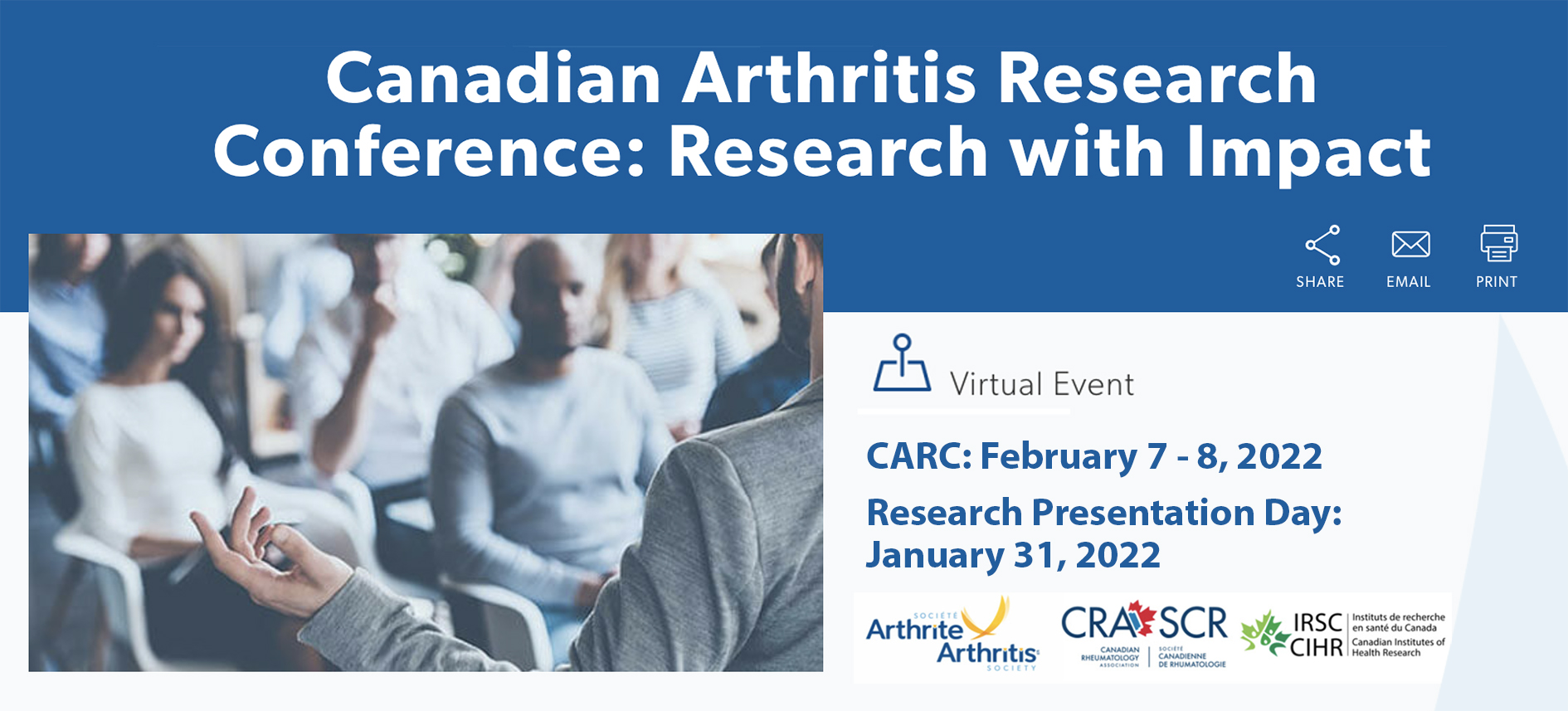
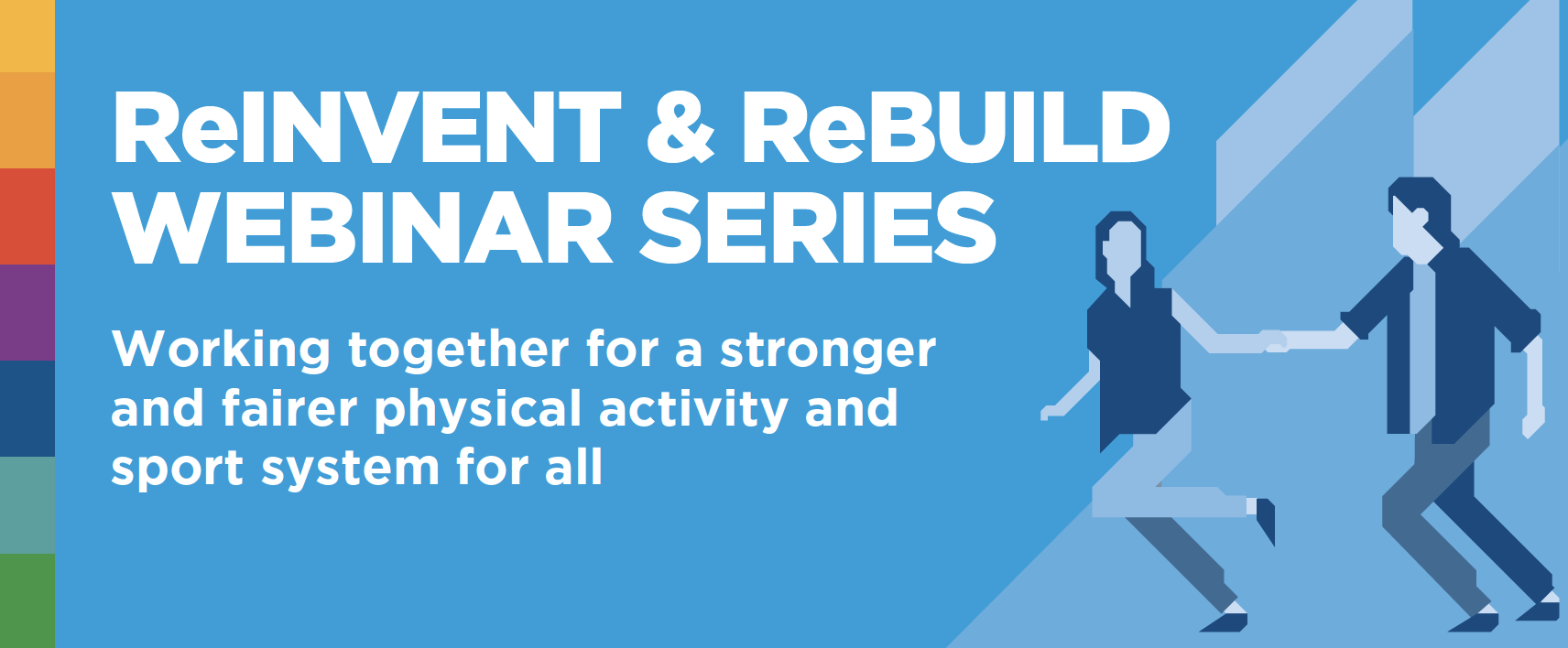
 Registration link:
Registration link:  Registration link:
Registration link:  Registration link:
Registration link:  Registration link:
Registration link: Registration link: TBC
Registration link: TBC Registration link: TBC
Registration link: TBC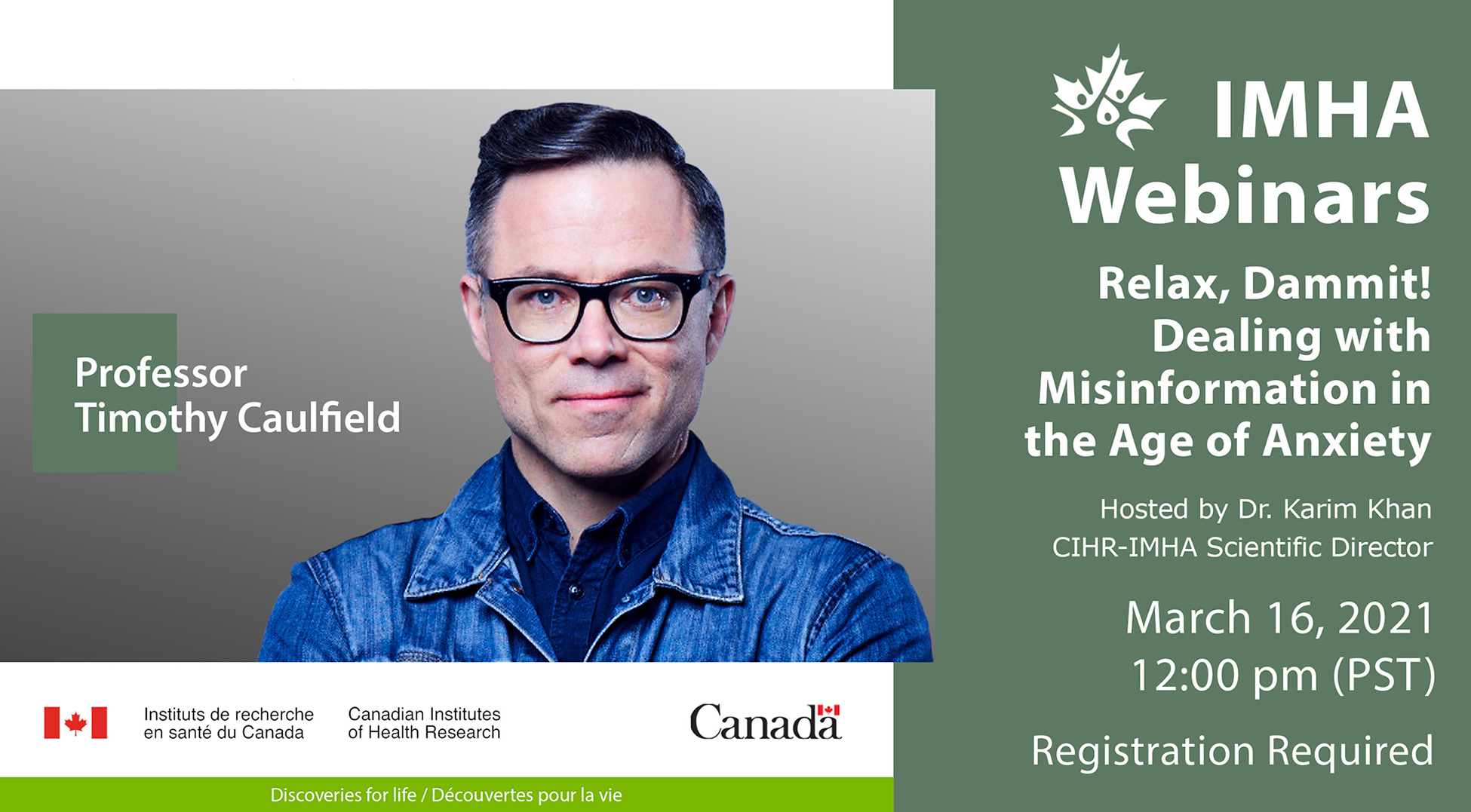
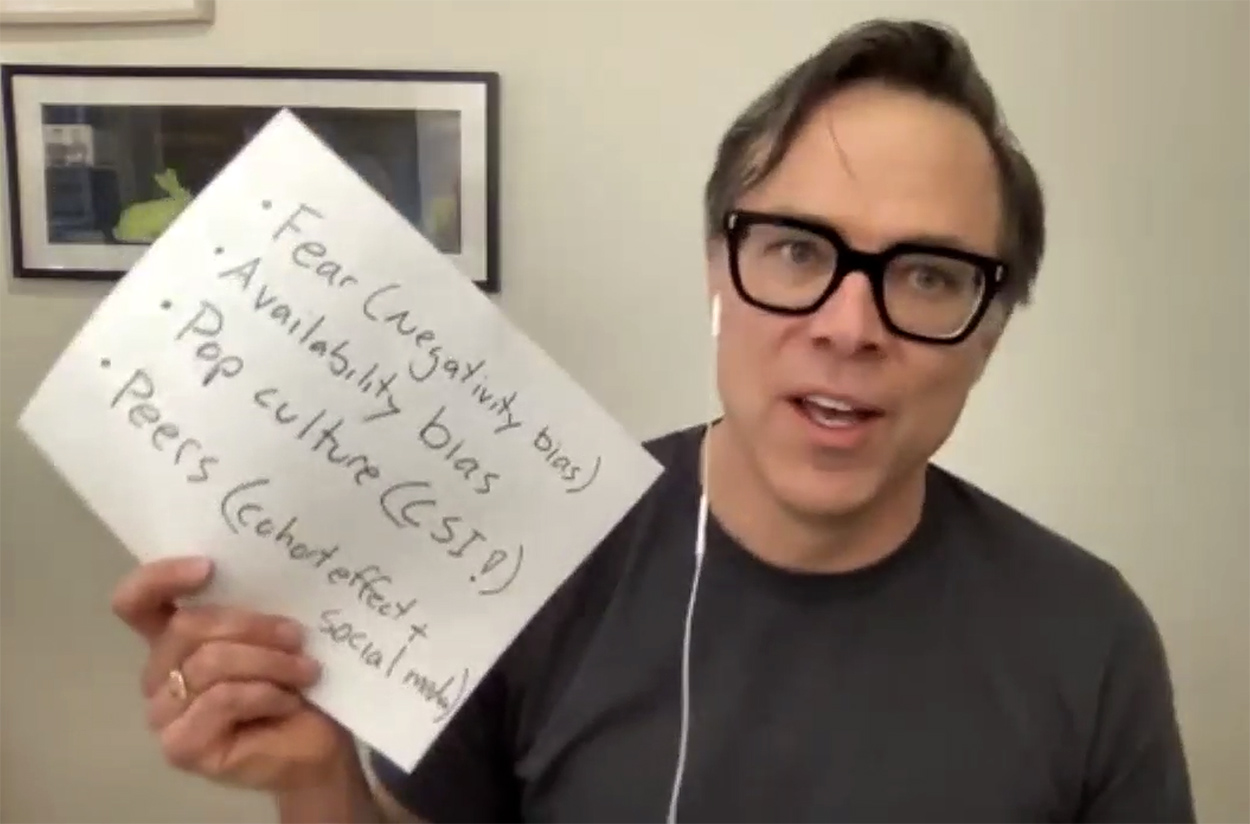



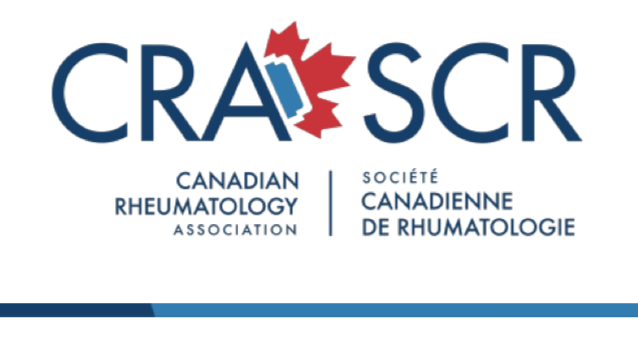 Virtual care, also known as telemedicine, eHealth and mHealth, has become increasingly important during the COVID-19 global pandemic.
Virtual care, also known as telemedicine, eHealth and mHealth, has become increasingly important during the COVID-19 global pandemic.